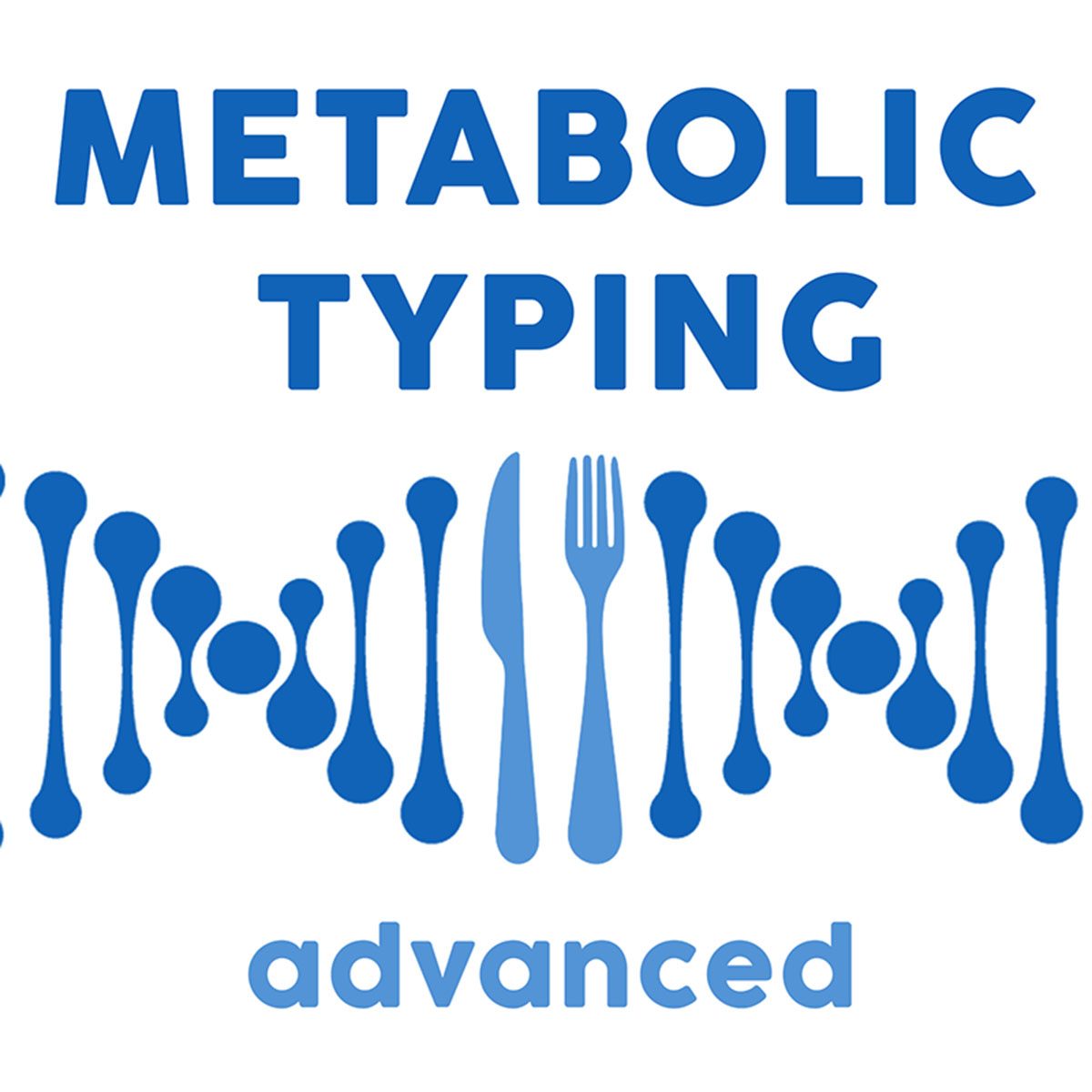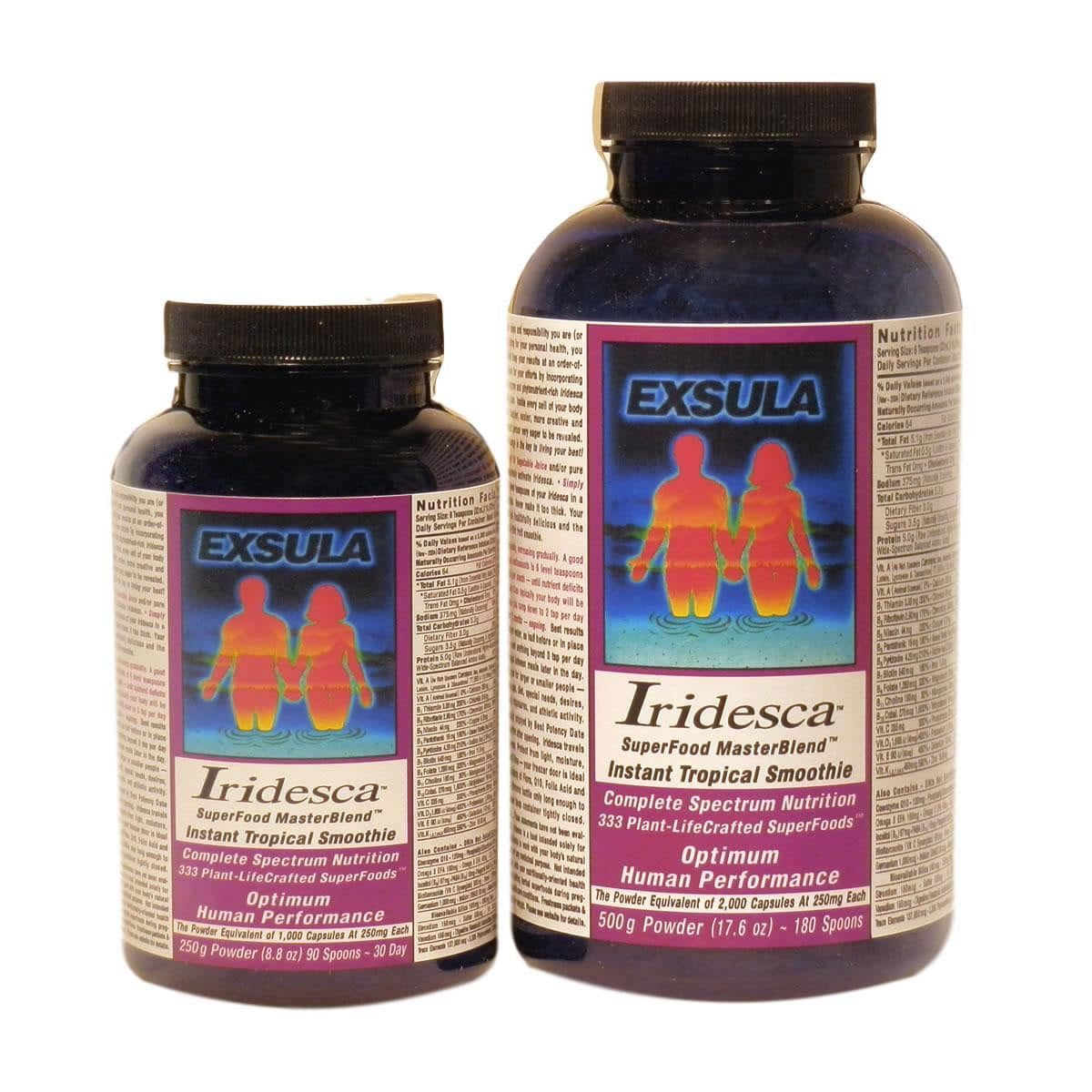No products in the cart.
Metabolism
Metabolism is often defined as the sum of all the chemical reactions in your body. Impaired metabolism is the result of burnout at the cellular level. Primarily, metabolism converts the oxygen we breathe and the food we eat into energy, the fuel for life. If it is not running correctly, you may feel like you are having heart attacks, or like you are dying!
We burn food in the presence of oxygen inside our cells in mitochondria, the little factories that make energy for powering everything in our body. There are many things that can interfere with our metabolism, make it run less efficiently, and even shut it down.
The main culprits that impair your metabolism have been identified. They slow down or interfere with energy production in your mitochondria, mess with hormonal signals that control the balance of our energy. The control of our metabolism and energy level is maintained by the thyroid gland, with support from the pancreas, which produces insulin, and the adrenal glands, which produce cortisol. Any crossed signals or mixed messages with these hormones can make you sluggish, or fat, or both. Fortunately there are many ways to correct metabolic imbalances that affect all of us.
Identifying and correcting what impairs your metabolism and getting rid of it is a very important step before we can consider boosting our mitochondria and balancing our hormones. Taking care of the other Forces of Illness will balance your metabolism to function optimally.
Blood Sugar Imbalances play a pivotal role in how your body functions and how much energy you have. If you become insulin resistant that leads to wide swings in blood sugar and hypoglycemia you will experience these types of symptoms: Every day, sometime in the late afternoon, you will experience sweating, a racing heart, anxiety, shortness of breath, you will be wondering if you are not dying of heart disease. You will skip meals, yet you will be putting on weight around the middle, and you will feel tired after eating.
When your metabolism of carbohydrates and sugar gets out of balance, you are on your way toward high blood pressure, heart disease, obesity, cancer, brain aging, dementia and more. Even if you are a vegetarian!
80 million Americans suffer from insulin resistance. It affects many people and varies greatly in symptoms, but the ultimate consequences are very similar. Most afflicted have extra fat around the middle (check your waist to hip ratio – a measurement around your belly button divided by the measurement around the hips – if it is greater than 0.8 you likely have insulin resistance). Yet, you may be tall or thin, short or fat or any combination and still have insulin resistance. The only sure way to know is with an insulin response test (measuring blood sugar and insulin fasting and 1 and 2 hours after a 75-gram sugar drink). It is not a genetic defect, or an error in our development, or a mistake by God; it is the simple fact that we have strayed from eating in harmony with our genes. As hunter/gatherer we ate the equivalent of only 20 teaspoons of sugar a year, now we eat 150 lbs per year per person, or about 1/2 pound each day. The average schoolboy consumes 34 teaspoons of sugar a day!
We evolved in a world without super grocery stores, convenience stores, and fast food restaurants. We had to work for our food and had limited access to refined foods or excess calories. In fact, our genes are pre-agricultural. We only started farming 10,000 years ago and only started refining flour about 200 years ago with the advent of the steam engine-powered flour mill.
With 15,000 low-fat foods (really high-sugar, high-calorie foods) arriving on the market over the last 15-20 years, we have created an epidemic of increasing obesity, diabetes and heart disease. The scientific foundation for the low-fat movement was shaky from the start. Advertisers ignored science to the detriment of us all. [Reference: Science – The Soft Science of Dietary Fat]
Our bodies normally produce insulin in response to food in our stomach, particularly sugar. We once thought that insulin’s only role was to help the sugar enter the cells to be metabolized, transforming the stored energy of the sun (in plant foods) with the oxygen we breathe into the energy we use every day to run our bodies. Now we recognize insulin as a major switching station, or control hormone, for many processes. It is a major storage hormone – fat storage that is. Try as you may, as long as your insulin levels are high you will fight a losing battle for weight loss. It acts on your brain to increase appetite and specifically an appetite for sugar. It increases LDL cholesterol, lowers HDL cholesterol, raises triglycerides and increases your blood pressure. Insulin resistance causes 50% of all reported cases of high blood pressure. It makes your blood sticky and more likely to clot, leading to heart attacks and strokes. It stimulates the growth of cancer cells. It increases inflammation and oxidative stress and ages your brain. It even increases homocysteine because sugar consumption decreases levels of vitamin B6 and folate. Insulin also causes hormonal problems and can lead to infertility, hair growth where you don’t want it, acne and more. It also leads to mood disturbances.
Balancing blood sugar and correcting insulin resistance is well within your reach with a comprehensive nutritional, exercise and stress management plan. Your goal is to make your metabolism more efficient, to make your cells more intelligent and cooperative, not resistant. In other words, you will need much less insulin to accomplish the task of balancing your blood sugar.
This is done by slowing the rate of sugar uptake from the gut through balancing your meals (glycemic load) with protein, carbs and fats as well as adequate amounts of soluble fiber (30-50 grams a day), increasing meal frequency and decreasing meal size. You can make your cells smarter by feeding them with omega-3 fats – fixing the cell membranes so that they can more readily receive the messages from insulin. You can make your cells smarter through increasing levels of chromium, vanadium, magnesium, vitamin E, biotin, the B vitamins, zinc, bioflavonoids, alpha lipoic acid, arginine, carnitine and d-chiro-inositol.
Herbs that benefit metabolism include Panax ginseng, ginkgo biloba, green tea, fenugreek and gymnema sylvestre, bitter melon and garlic. They can be found in our Superfood blends.
Regular cardiovascular and strength training exercise as well as relaxation therapies can dramatically improve sugar balance and reverse insulin resistance.










